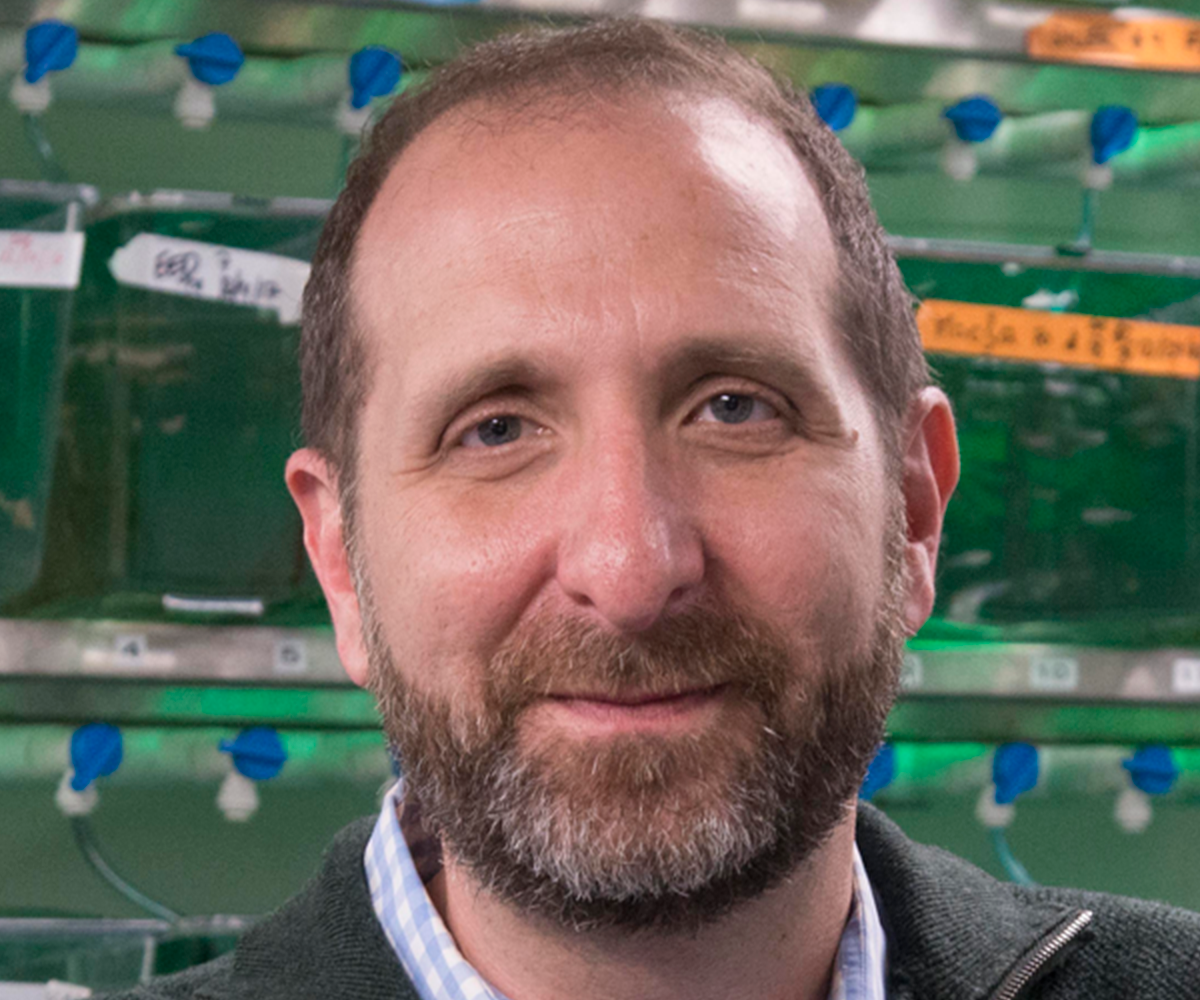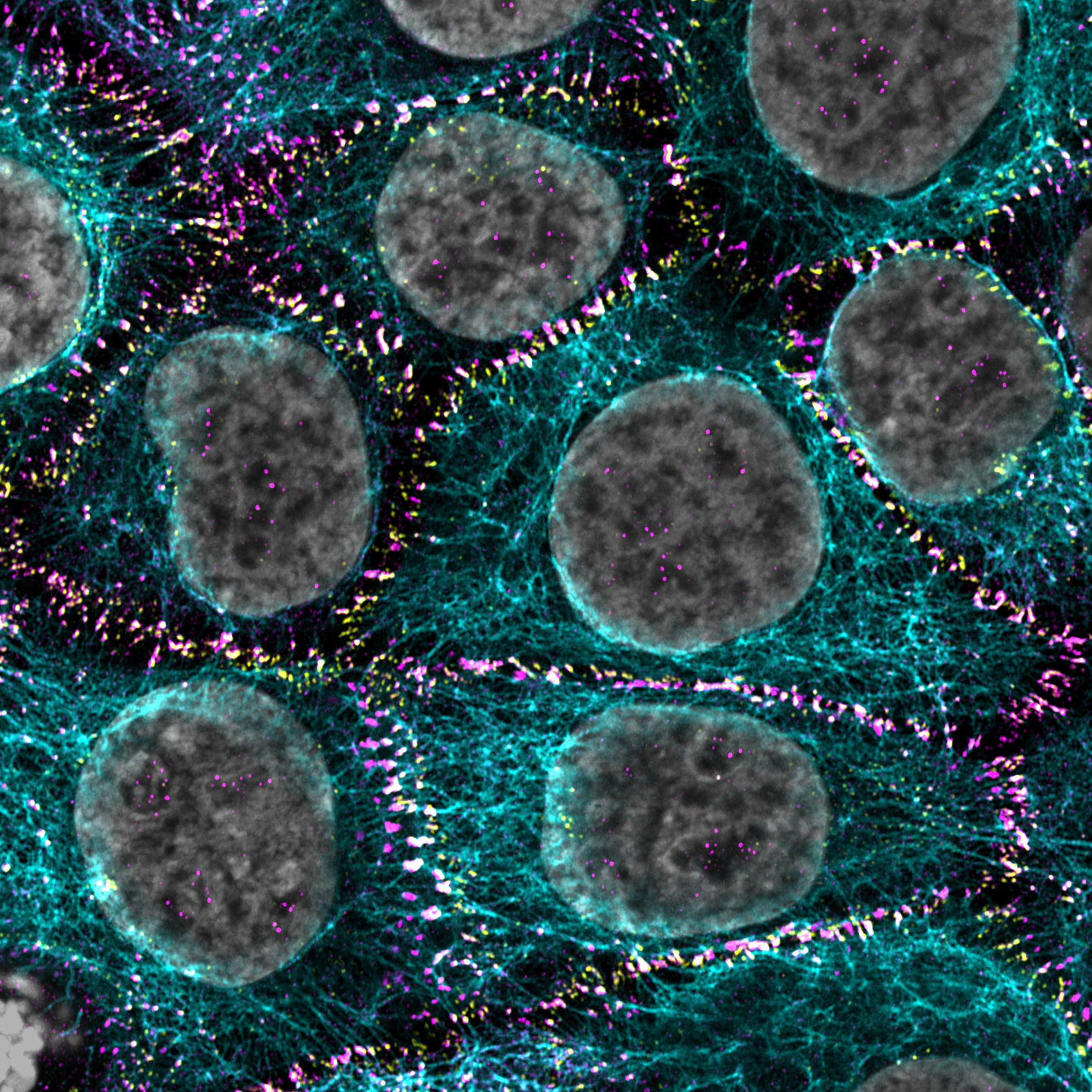
The cellular and molecular microenvironment plays a critical role in malignant transformation. Researchers led by Ludwig Oxford’s Richard White and Trey Ideker of the University of California San Diego reported in an April publication in Nature Genetics that mutations in noncancerous cells can drive melanoma. Scouring The Cancer Genome Atlas for mutations in genes encoding the components of desmosomes—transmembrane protein complexes that help establish adhesive contacts between cells—the researchers discovered that while several tumor types sport such mutations, the cancer type that most frequently harbors them is cutaneous melanoma. Desmosome mutations are seen in 71% of these tumors compared to about 40% in other tumor types. They found that in primary melanomas, but not in their metastases, these mutations lead to a decline in desmosome gene expression. Immunofluorescence and spatial transcriptomics studies indicated that the decreases in expression occur in keratinocytes in the tumor microenvironment rather than in the melanoma cells themselves. Keratinocytes account for 90% of the cells in the outer layer of skin and are among the cells incipient melanomas interact with most frequently. Richard, Trey and their colleagues found that knockdown of desmosome genes in keratinocytes boosted the proliferation of adjacent melanoma cells in keratinocyte and melanoma co-cultures, as did media preconditioned with desmosome-deficient keratinocytes. This adds to growing evidence that mutations in nontumor cells can contribute to neoplastic transformation, especially during tumor initiation.
Desmosome mutations impact the tumor microenvironment to promote melanoma proliferation
Nature Genetics, 2025 April 16
